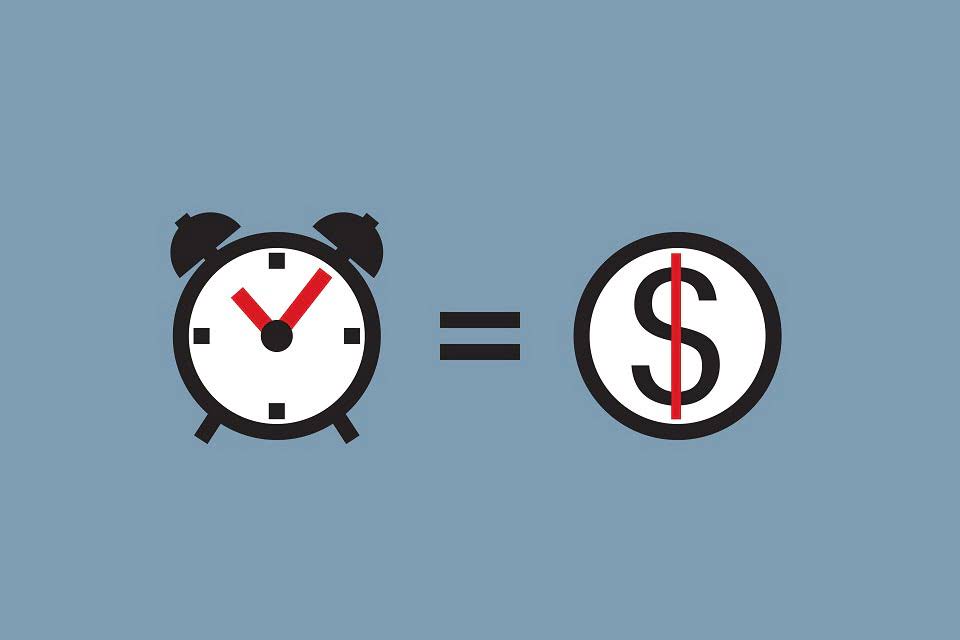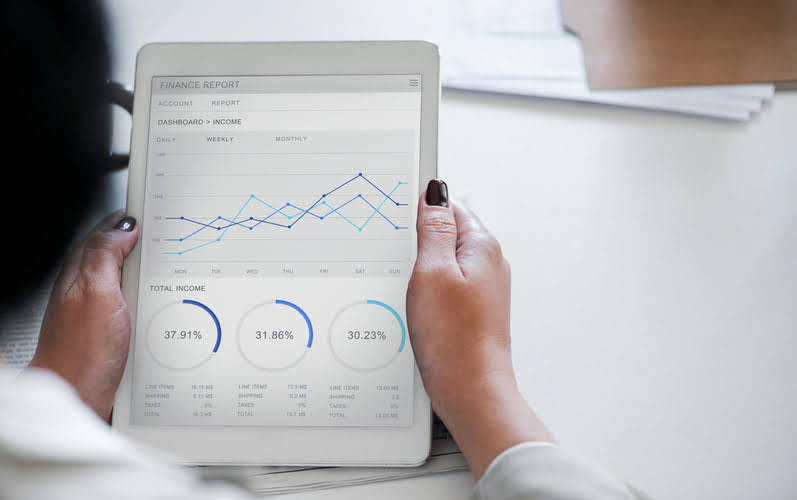
A couple months down the line you still have 10 french presses left, and you make another order to replenish your stock. Short multiple-choice tests, you may evaluate your comprehension of Inventory Management. However, the specific method of calculating the value of ending inventory (e.g., FIFO, LIFO) can affect your COGS and, consequently, your reported profits.
- During the quarter, your sales recorded through our point of sale system reached $40,000.
- The retail accounting method is simpler than the cost accounting method.
- This information can help businesses create targeted marketing campaigns, optimize pricing strategies, and make informed decisions about future investments.
- It involves maintaining detailed and accurate records of all financial transactions, such as purchases, sales, and payments, in a consistent and organized manner.
- Retail accounting may give wrong results if you sell items with vastly different prices, as the methods may not reflect the true inventory value.
- In addition, you can also opt for Advanced Payments for $20 per month, and FreshBooks Payroll for $40 per month and a further $6 per user.
The importance of retail accounting
- Using the right accounting methods and keeping accurate records helps manage your finances.
- The intricacies, implications and expense of switching to cost accounting dissuade some retailers, according to Joe Schmitt, managing director at Berkeley Research Group.
- This issue arises when retailers fail to regularly produce financial reports due to the tedious nature of the process.
- It estimates inventory value by assuming all items of a type have the same cost.
- To display how retail accounting performs, let’s say you own a hardware shop with a thirty percent markup on all articles.
Because you assign the same prices and markup for products, it’s also unrealistic, especially if prices change often or if you have discounts and promotions. You might need to find retail accounting a more accurate method to use with retail accounting to get the exact prices and inventory values. The specific identification is another inventory costing method that tracks the cost of each item you have in stock by assigning a different price to each item, usually with SKUs. This method helps businesses keep track of every item in their inventory without grouping them.

Enhancing Retail Business Performance: Understanding the Fundamental Roles of Accounting and Bookkeeping
However, this method doesn’t alleviate the need to count the units physically. Once in a while, it is good to count the units to detect theft, damage, misplacements, etc. Also, it is essential to remember that the ending inventory value so determined is an estimation and only partially accurate. For this reason, it is not advised to show this value in the financial statements. Once you know your inventory, tracking it ensures https://www.bookstime.com/articles/what-is-petty-cash product availability and accurate financial records. It is ideal for multi-location retailers who need a consistent view of inventory across stores.
How do you use retail accounting for your retail business?
This is because QuickBooks combines excellent core accounting features, great usability, and a generous array of third-party integrations for things like e-commerce and ePOS. With this bonus functionality, it really has everything you need to run your retail store. Our pick of the best accounting platforms for retail businesses is QuickBooks. This is payroll because QuickBooks offers some great core accounting functionality, as well as some bonus perks that will give your everyday operations a shot in the arm. What’s more, QuickBooks offers some great POS and e-commerce integrations, including Shopify, WooCommerce, and more. Cost accounting for retail tracks each item based on the total cost paid for purchased inventory.

Cash flow mismanagement (payable and receivable accounts)
Remember, the key lies not only in selling products but also in managing your finances wisely. As you implement these accounting practices, you’re not just ensuring compliance; you’re building the framework for sustained growth and profitability in the competitive retail landscape. Retail accounting software tracks inventory at retail prices, spotting costs, losses, and theft.
Accounting Information For Retail Businesses
- According to Business Dasher, Sixty percent of small business owners believe they don’t know adequate accounting.
- However, there are some drawbacks retail businesses need to keep in mind.
- Xero, for example, has a lot to recommend it in terms of functionality, but really falls short in terms of the user experience.
- This popular method estimates the cost of ending inventory based on the average cost of goods sold throughout a specific period.
- Yes, many retail accounting software solutions, including FreshBooks, integrate with POS systems.
- Choosing the right method and tools for retail accounting helps keep your business’s financial health on track.
This includes accurately calculating taxes, preparing tax returns, and ensuring compliance with tax regulations. Accounting automation tools play a key role in tax management by automating calculations, generating necessary tax reports, and providing timely reminders for tax deadlines. Are you having trouble managing retail inventory costs and keeping your business running smoothly? Learning and using the right retail accounting techniques may be the solution you need. If you’re a small business looking to understand your inventory value, retail accounting might be a good option.

Generating Financial Statements

Retail management software includes inventory tracking, accounting, and point of sale under one roof. Its user-friendly interface and clear interface make it easy for owners unfamiliar with accounting software to learn. Also, Xero’s payroll add-on, Gusto, allows retailers to pay employees and automatically file W-2s and 1099s, though it tacks on an extra $40/month plus $6/user/month. It integrates with Xero, storing all the data on one platform for fast payroll reconciliation.